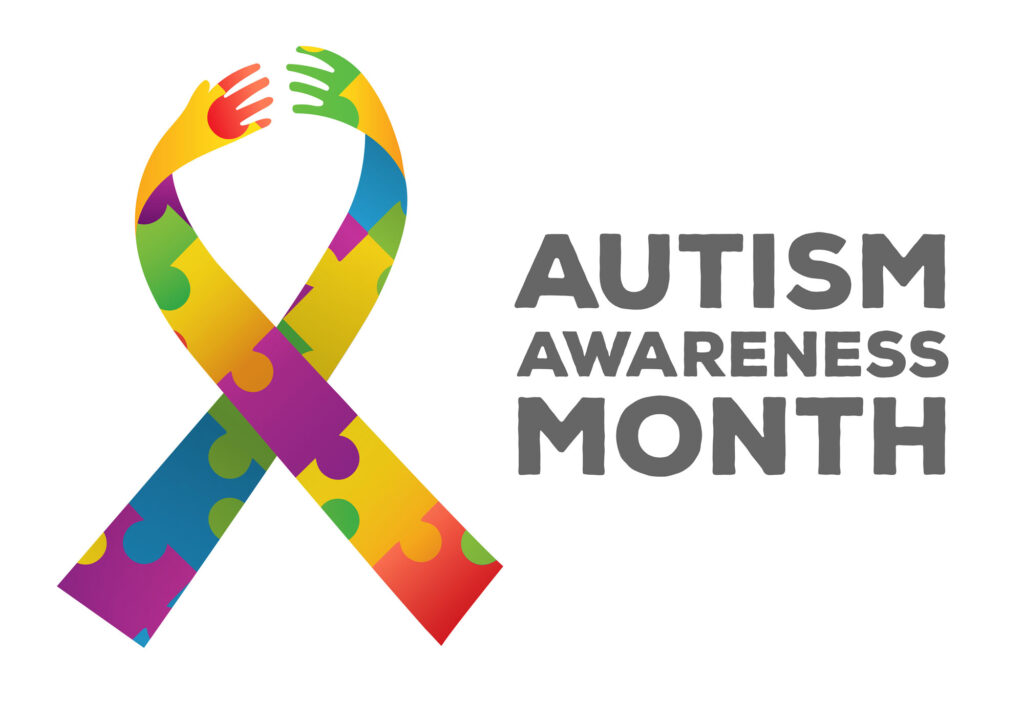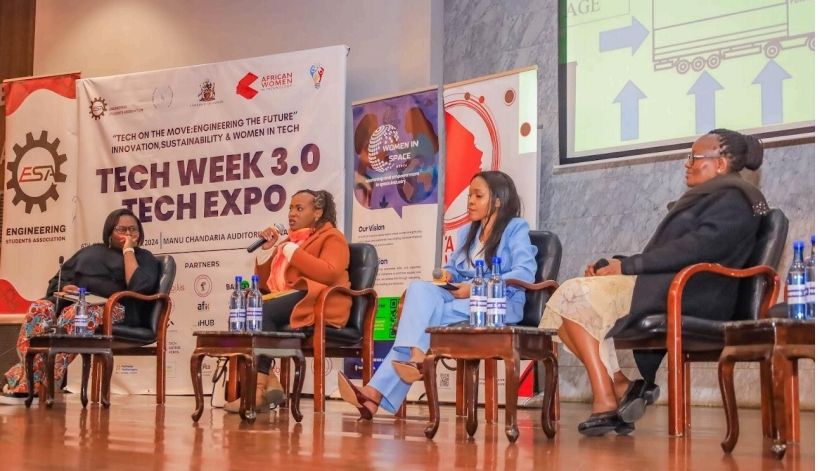Bringing awareness to autism spectrum disorder

By Winfridah Muthee
Do people like Albert Einstein, Isaac Newton and Charles Darwin ring a bell? These are people that revolutionized our world. All of them had a common trait as they had Asperger’s syndrome, a condition on the autism spectrum, with generally higher functioning.
Autism spectrum disorder (ASD) is a complex developmental condition that involves persistent challenges in social interaction, speech and nonverbal communication, and restricted/repetitive behaviors. The effects of ASD and the severity of symptoms are different in each person.
Three basic symptoms that are observed in all types of autism include;
1. Social interaction challenges
2. Defiant responsiveness and difficulty in communication
3. Cognitive dysfunction and insensitivity or oversensitivity to certain stimuli including sight, hearing, smell, taste and touch and tendency to engage in repetitive behavior throughout life on a daily basis. It may involve head locking, pacing and hand flipping e.t.c
World Health Organization (WHO) estimates that worldwide about one in 270 people has an ASD. This estimate represents an average figure, and reported prevalence varies substantially across studies. Some well-controlled studies have, however, reported figures that are substantially higher. The prevalence of ASD in many low- and middle-income countries is unknown.
In order to fill the gap on prevalence and understanding of ASD, GeoPoll and Kaizora Institute collaborated to run a survey with 1354 respondents. While full conclusions cannot be drawn from the scope of this study, results show an initial view of autism in the country. Respondents were age 18-35, with 48% in the 18-25 age range and 52% in the 26-35 age range, 50% male and 50% female.
In terms of location, 52% of respondents were from a rural area and 48% from an urban area.
Respondents came from 45 of Kenya’s 47 counties.
Results show that only 17% of those who know someone with Autism or another disorder are referring to themselves or a family member, while the additional 83% who know an individual with a disorder know someone within the community with a disorder.In order to fill the gap on prevalence and understanding of ASD, GeoPoll and Kaizora Institute collaborated to run a survey with 1354 respondents.
While full conclusions cannot be drawn from the scope of this study, results show an initial view of autism in the country. Respondents were age 18-35, with 48% in the 18-25 age range and 52% in the 26-35 age range, 50% male and 50% female. In terms of location, 52% of respondents were from a rural area and 48% from an urban area. Respondents came from 45 of Kenya’s 47 counties.
Autism is known to affect children with boys having five times more risk of being autistic than girls.
What causes autism is still unknown.
It is believed that genetic, environmental and psychological factors contributes towards autism.
Autism is divided into three major types:
-Kanners Autism (Severe Autism) is a low functioning autism with low IQ,loss of cognition speech,anti-social behaviors and mental retardation in extreme cases.
-Asperger’s Syndrome also known as high function autism is one that tends to have the basic symptoms but with low severity. Individuals suffering from it have a very good chance of a normal life.It is associated with high levels of IQ with individuals that may lag in certain daily paces of life but are super smart at stuff that appear to be very difficult for smart but non autistic individuals.
-Pervasive Development Disorder/Atypical Autism involves more sociological and behavioral associated deviations and is a rather less studied type of autism.
No matter the type of autism, the symptoms start to manifest within the first three years after birth.
There is no substantial cure for autism but physicians sometimes recommend antidepressant medications with physical and mental training sessions for autistics to adapt to the normal world.
People with autism are not sick, they just process the stimuli around them differently than others.
Autistic people out there should embrace themselves for who they are because they are special.
Support for autistic people worldwide is inadequate and since April is Autism awareness month let’s commemorate and celebrate this special beings as we bring awareness to the world.





